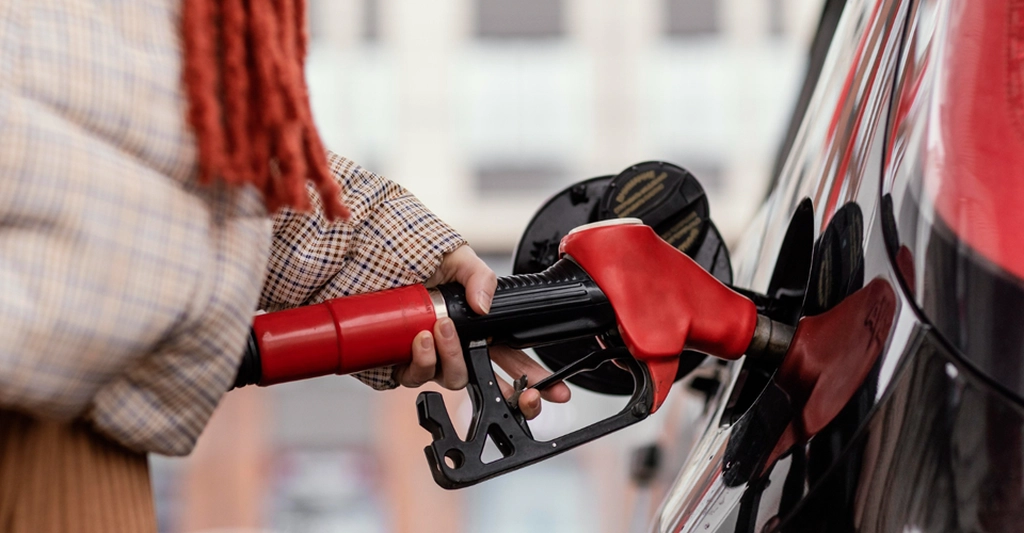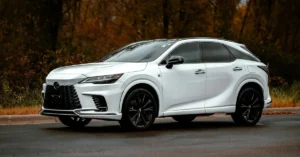Is your car burning more petrol than usual? Discover 10 common reasons for high fuel consumption from dirty air filters to aggressive driving habits and learn how to fix each one. Improve your fuel efficiency and save money with expert tips from MotorHub.
Nobody likes seeing their fuel gauge drop faster than expected especially with rising fuel costs. Whether you’re commuting to work, doing school runs, or heading out on a road trip, improving your car’s petrol efficiency can make a big difference to your wallet and the environment.
But what if your car seems thirstier than usual?
From mechanical faults to driving habits, there are several reasons why your fuel consumption might be higher than normal. Let’s explore the top causes and more importantly, how to fix them.
1. Dirty or Clogged Air Filter
Your engine needs clean air to run efficiently. A dirty air filter restricts airflow, forcing the engine to work harder and burn more petrol. Over time, this can significantly reduce fuel efficiency.
What to do: Check and replace your engine air filter every 15,000 to 20,000 kilometres, or as recommended in your owner’s manual. It’s an inexpensive fix that can pay for itself in saved fuel.
2. Worn or Faulty Oxygen (O2) Sensor
The oxygen sensor monitors the amount of unburned oxygen in the exhaust and sends data to the engine’s computer to adjust the air-fuel mixture. If it’s not working correctly, your car might be injecting more fuel than necessary.
What to do: If your Check Engine Light is on or you’ve noticed a drop in performance, have your sensor tested. A faulty O2 sensor can reduce petrol efficiency by up to 20%.
3. Failing Spark Plugs
Spark plugs ignite the fuel-air mixture in your engine’s cylinders. Worn plugs lead to incomplete combustion, meaning fuel goes to waste instead of powering your car.
What to do: Replace spark plugs at intervals recommended by your vehicle’s manufacturer often between 30,000 to 100,000 kilometres, depending on plug type. Don’t forget to check the ignition coils and wires while you’re at it.
4. Clogged Fuel Injectors
Fuel injectors deliver a precise spray of fuel into the combustion chamber. Over time, deposits can clog them, disrupting the spray pattern and causing inefficient combustion.
What to do: Use high-quality fuel injector cleaners every 10,000 to 15,000 km, or consider professional ultrasonic cleaning if performance is noticeably poor.
5. Under-Inflated Tyres
Tyres that are even slightly under-inflated increase rolling resistance, making your engine work harder and burn more petrol.
What to do: Check your tyre pressure at least once a month and before long trips. Inflate them to the pressure listed in your car’s manual or on the sticker in the driver-side door frame.
6. Misaligned Wheels
If your car pulls to one side or your steering wheel vibrates at certain speeds, your wheel alignment might be off. This forces your vehicle to use more energy to stay on course, increasing fuel consumption.
What to do: Have your wheel alignment checked and corrected every 10,000 to 15,000 km, especially after hitting potholes, speed bumps, or curbs.
7. Using the Wrong Fuel Type
Some vehicles require higher-octane fuel to perform efficiently. Using a lower-grade fuel than recommended can force the engine to adjust ignition timing, reducing efficiency and performance.
What to do: Check your owner’s manual for the correct octane rating. If your car requires premium fuel (91–95 RON or higher), avoid using regular unleaded fuel.
8. Cold Weather Driving
Cold engines consume more petrol because it takes longer to reach optimal operating temperature. Thickened oil and cold air density also contribute to increased fuel usage.
What to do: Park in a garage if possible. Avoid idling the car to warm it up instead, drive gently for the first few minutes to help the engine warm up faster. Using the correct engine oil for winter conditions also helps.
9. Aggressive Driving Habits
Rapid acceleration, hard braking, and speeding dramatically increase fuel consumption. Driving at high RPMs or constant high speeds drains your tank faster.
What to do: Drive smoothly, maintain steady speeds, and anticipate traffic to avoid unnecessary acceleration or braking. Using cruise control on highways (where safe) can also improve efficiency.
10. Carbon Build-Up in the Engine
Over time, carbon deposits form on engine components such as valves, pistons, and injectors. This buildup interferes with combustion and reduces fuel efficiency.What to do: Periodically use engine carbon cleaners or schedule a professional intake system cleaning. This is especially important for cars with direct fuel injection, which are more prone to carbon buildup
Bonus Tips to Save Fuel Daily
- Lighten your load: Remove unnecessary weight from the boot.
- Close windows at high speeds: Open windows increase aerodynamic drag.
- Limit A/C use: Air conditioning can raise fuel consumption by 5–10%.
- Keep up with maintenance: Follow your car’s service schedule for oil changes, filter replacements, and tune-ups.
Final Thoughts: Efficient Driving Starts with Awareness
If your car’s petrol usage seems off, don’t ignore it. Many causes are preventable and inexpensive to fix if caught early. Staying on top of regular maintenance, adopting smoother driving habits, and using the right fuel all go a long way toward saving money and reducing your environmental impact.
Need help diagnosing high fuel usage or getting your car back into peak shape? Book a mobile inspection or fuel system cleaning with MotorHub and get professional service at your doorstep.
Serving drivers across the UAE, MotorHub helps keep your vehicle efficient, clean, and ready for the road all year round.



